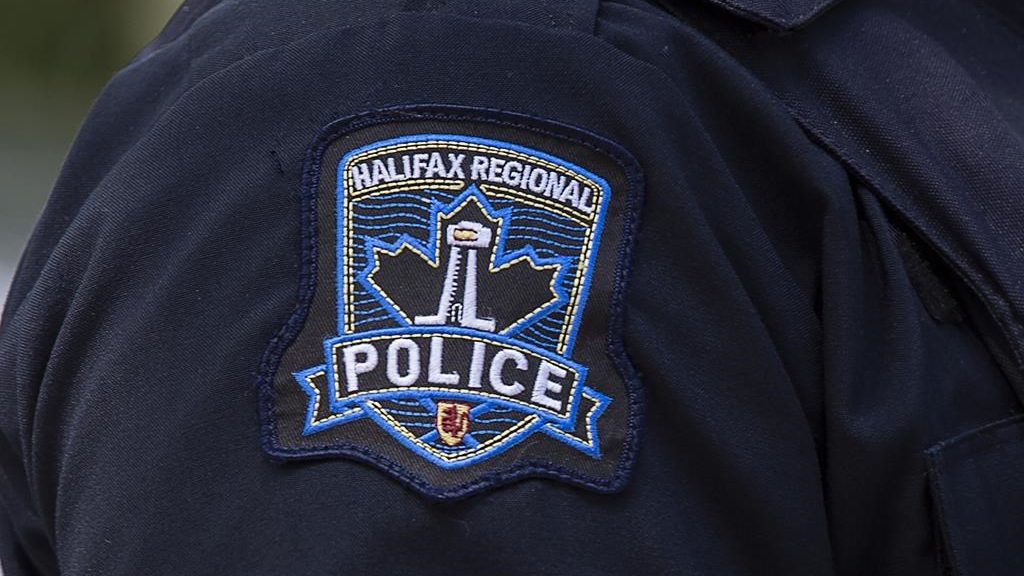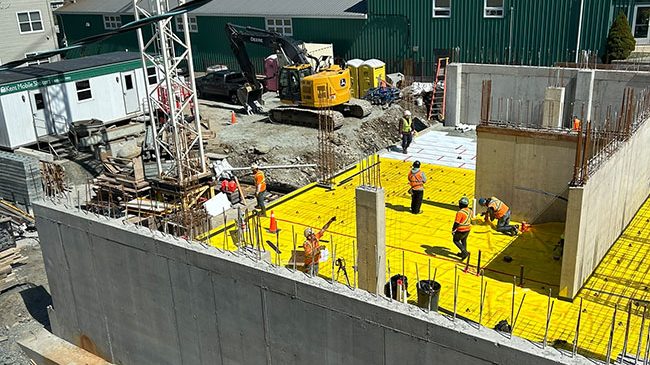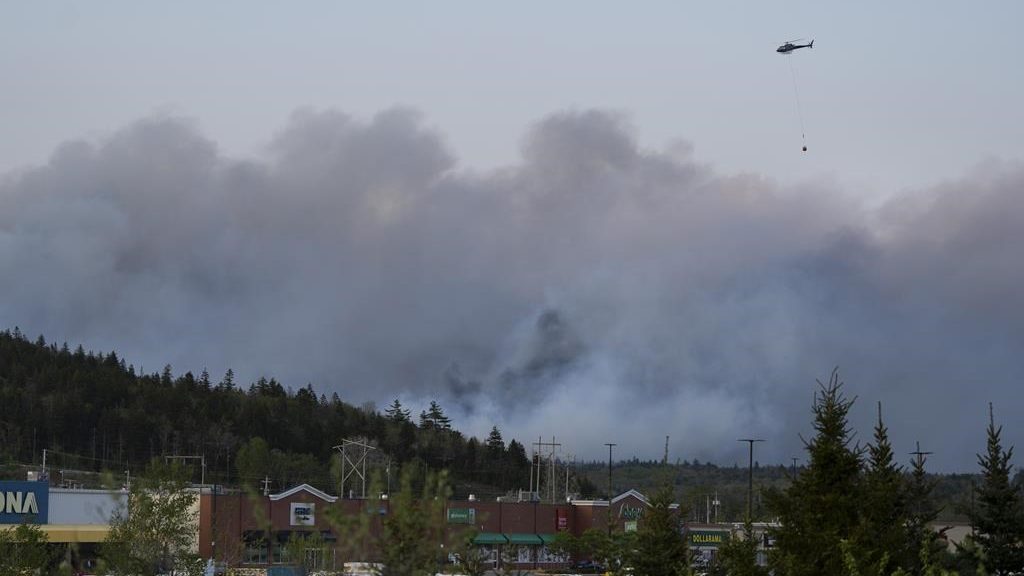First Nations leader pleads for unity heading into crucial meeting with PM
Posted Jan 11, 2013 06:19:54 AM.
This article is more than 5 years old.
OTTAWA – A cloud of confusion has descended over First Nations leaders who want to meet with Prime Minister Stephen Harper on today, with large swaths of chiefs demanding that Harper meet them on their own turf, on their own terms.
One region after another declared that it was supporting Attawapiskat Chief Theresa Spence in her call to refuse a meeting with Harper unless Gov.-Gen David Johnston was at his side. Their stand leaves the head of Canada’s largest aboriginal group – National Chief Shawn Atleo – largely isolated.
The internal turmoil is over logistics and process, and not over policy. After days and days of discussions, the chiefs and delegates actually have a consensus on what their demands would be, if the prime minister and governor general ever do meet with them.
As chief after chief got up to announce support for Spence, Atleo eventually took the microphone on Thursday night to plea for unity. He admitted he had made mistakes and that the membership of the Assembly of First Nations was divided. What he left unsaid was whether any meeting with Harper would take place at all, or how he would proceed.
“This is not a perfect organization and I am not a perfect person. I accept a share of responsibility and I have responded to criticisms from last January,” Atleo told a rowdy crowded room of chiefs and delegates.
“We need to continue to stand united — chiefs, delegates….If we are to be divided at a moment like this, the governments will see that,” he said.
He then left the conference hall, with insiders indicating he would work through the night with his executive in order to figure out the best way forward.
Some of his allies insisted he would meet with Harper and cabinet ministers as planned on Friday afternoon in private, in the prime minister’s office with a relatively small delegation of chiefs.
“It is our intention to move forward with the meeting,” said B.C. Regional Chief Jody Wilson-Raybould.
Atleo himself suggested he would hold the meeting, and then push for a broader meeting on Jan. 24, and a commitment to hold broad, open meetings with chiefs at regular intervals.
“We need them to commit to sit with you on a regular, ongoing basis, look you in the eye the way it was done in the treaty-making, in a sacred manner. And let’s transform this relationship. Because our kids are dependent on every single one of us,” he said.
But other chiefs said the only way any legitimate conversation would take place on Friday is if Harper and Johnston come to them, in a large open venue.
“The door’s open. We expect the (prime) minister to come here and meet with us,” said Murray Clearsky, southern grand chief from Manitoba. “If he doesn’t we’ll probably have to go home and regroup.”
Atleo was expected to spend most of the night seeking clarity and direction from the chiefs who elect him and without whose support he has no mandate.
His rival from last summer’s elections for national chief, was delighted with the turn of events.
“This is all good. We are standing up for our people again. The chiefs have said we’re the decision-makers. We’e going to have a nation-to-nation relationship and this is good for our people. This is what they asked for,” said Pam Palmater, an expert in indigenous governance who is also a de facto spokesperson for the Idle No More movement of grassroots protesters.
“The chiefs have said we’re not meeting with Harper. So if AFN decided to meet with Harper, it wouldn’t be a valid meeting. Because the AFN only has authority when chiefs give them authority. The chiefs have said we don’t give them that authority.”
The stakes for the Harper meetings are high. They were meant to fuse energy into talks to modernize treaties and discuss economic development, while also quelling a growing wave of protests and blockades organized by the Idle No More movement that has found inspiration in the form of Chief Spence.
Spence, chief of Ontario’s Attawapiskat reserve has been on a liquid-only diet for four weeks to draw attention to the plight of First Nations across the country.










